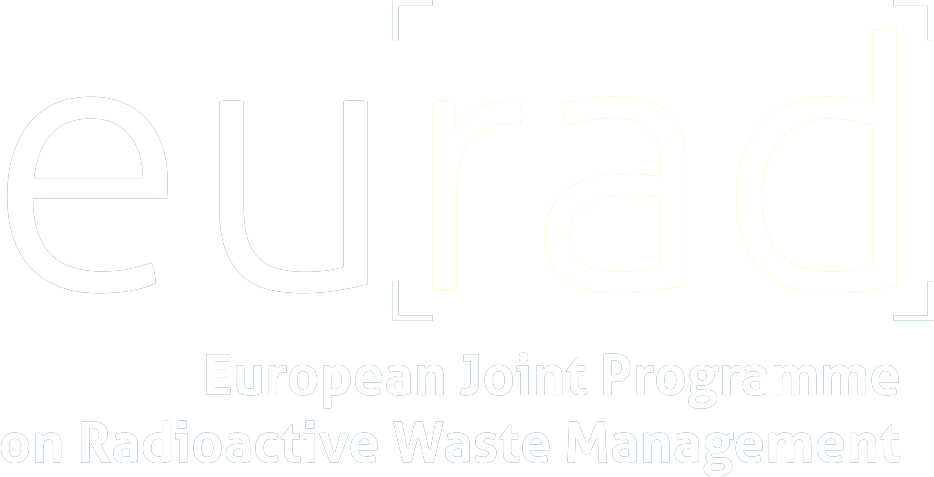In a deep geological nuclear waste repository, the interaction of groundwater with barrier elements such as canisters, steel liners or waste packages can generate multiple gases. The accumulation of gases can adversely affect the integrity of an Engineered Barrier System (EBS) and host rock. Therefore, efficient repository modelling requires having a mechanistic understanding and predictive capabilities of these multi-gas interactions and transport processes.
Aalto, under WP6 Task 4.2 and milestone 61 (EURAD: Milestone 61 2021), is working on gas transport modelling in a generic nuclear waste repository using an in-house built Finite Element code Thebes. In the same framework, SCK CEN performs various experimental works on multi-gas diffusion in different materials including expansive clays, to study the gas transport behaviour.
The research internship under the EURAD mobility program brings a scientific collaboration between Aalto University and SCK CEN. The work primarily aims at validating recent developments in code Thebes, by employing a novel gas mixture experiment from SCK CEN. The enhancement in Thebes includes interaction between water vapour and two non-condensable inert gases, and transport (advection and diffusion) in porous materials under thermal, hydraulic and mechanical loading.
For validation of the formulation implemented into Thebes, we used two experiments by SCK CEN (EURAD: Milestone 173 2022): a) Diffusion of dissolved gas under controlled loading (CH4 and He), and b) Diffusive/advective gas flow (CH4 and He) by using a pure gas phase in the injection vessel (ongoing) in Boom Clay. The simulated results are further compared with the previously employed simplified Comsol model. The results show a good match against the experimental data while giving critical insight into diffusive gas flow mechanisms in expansive clays. Post-validation, other collaborative tasks are set where Aalto will provide computational insights on the ongoing and future experiments from SCK CEN.


